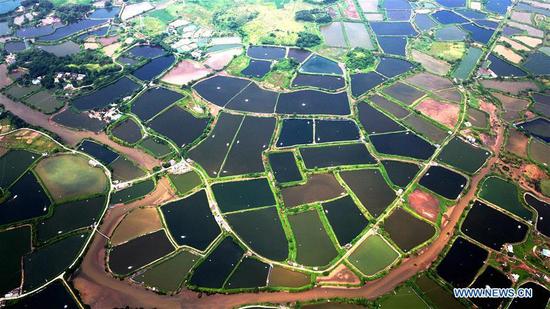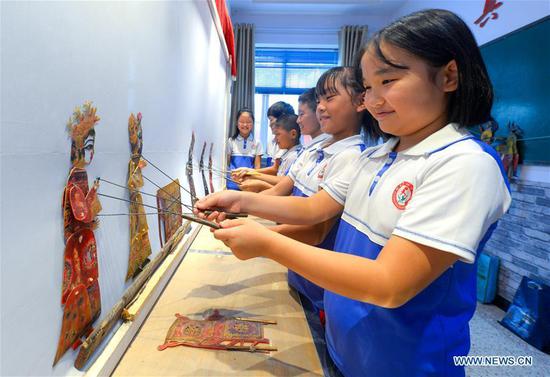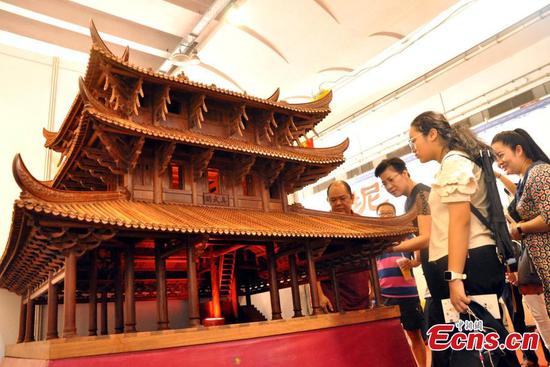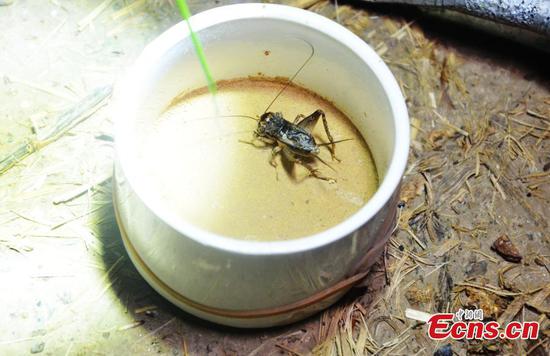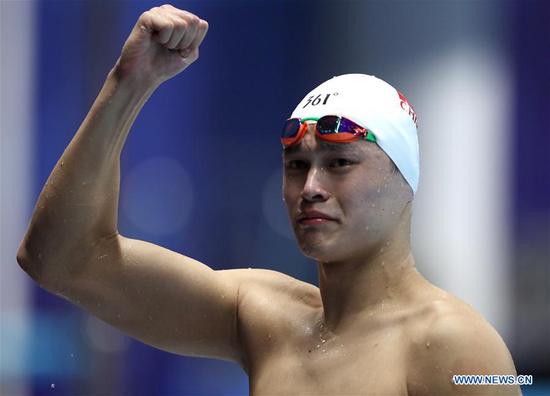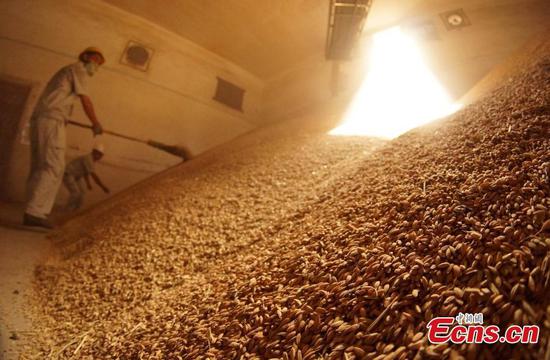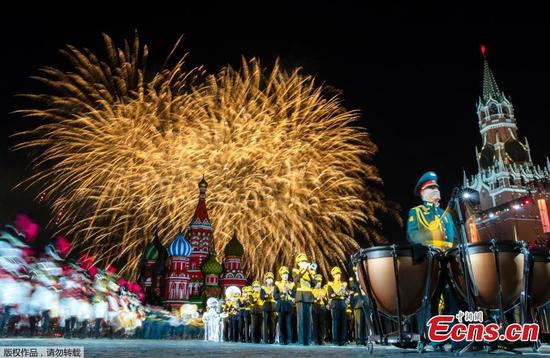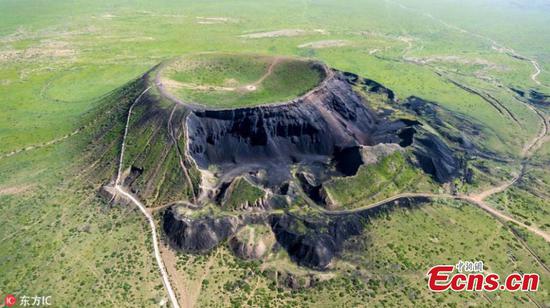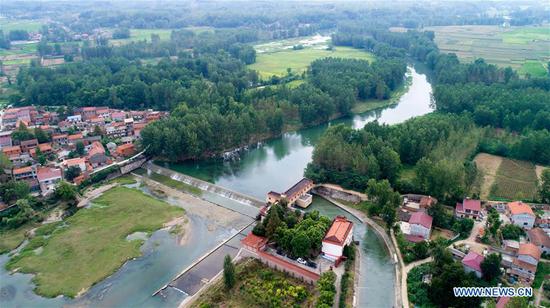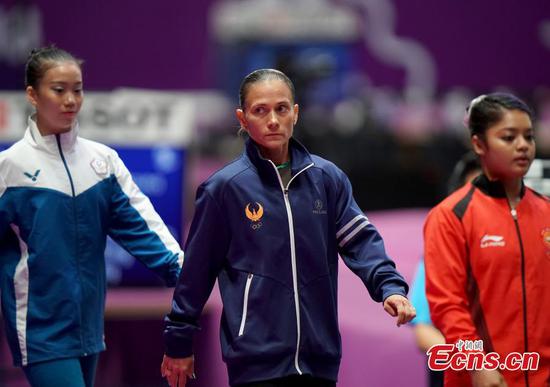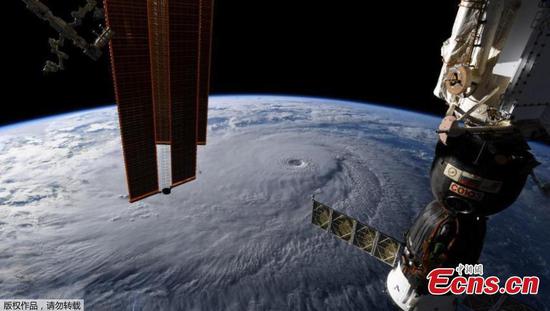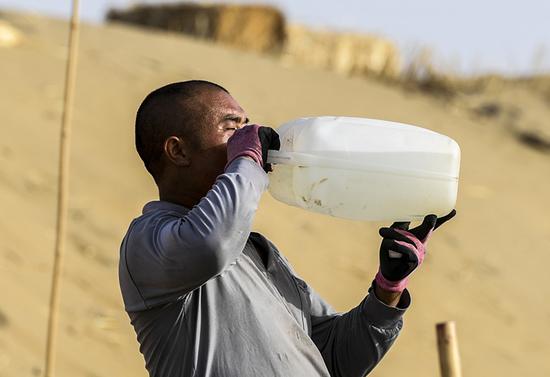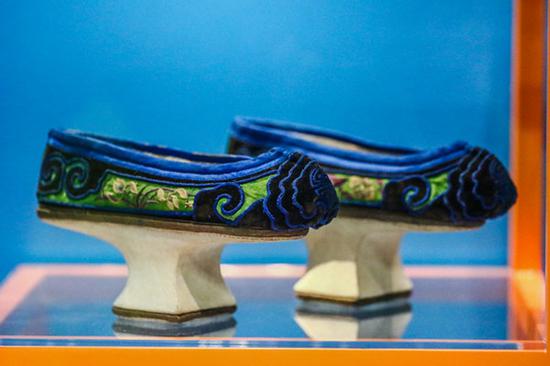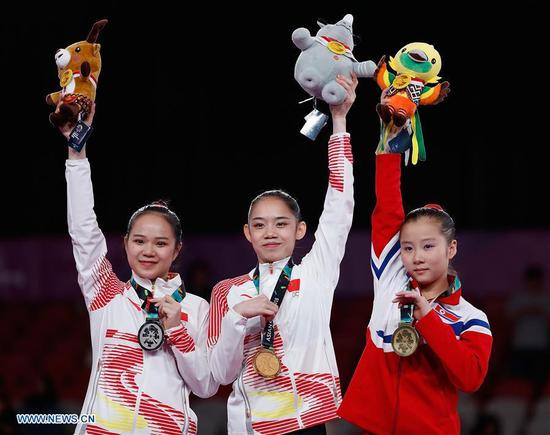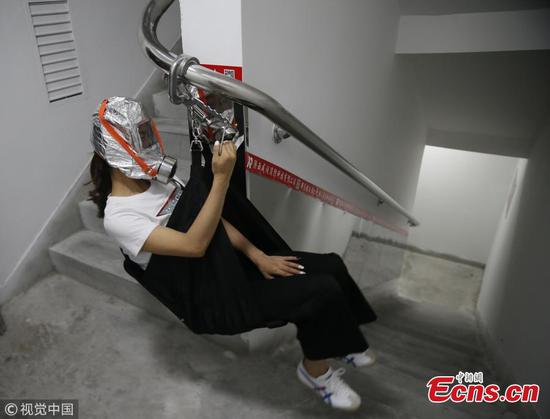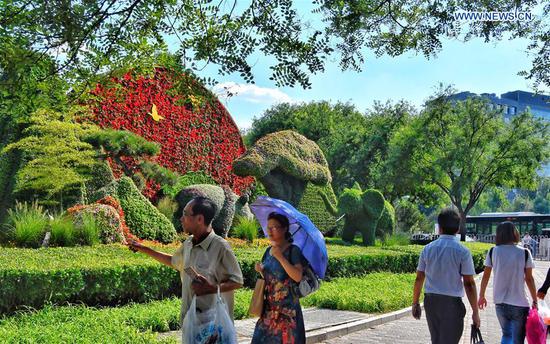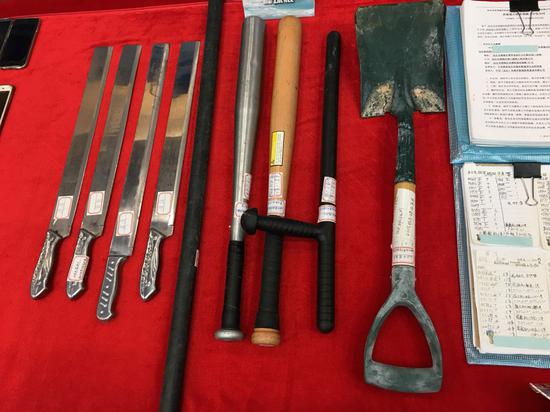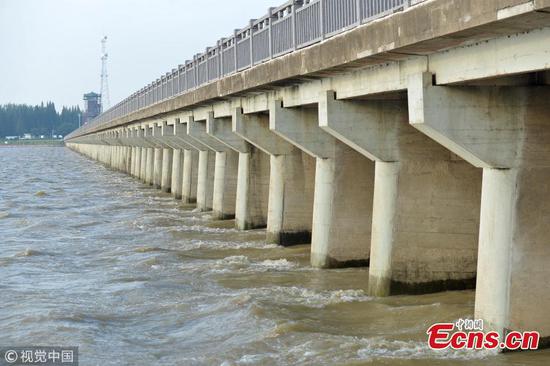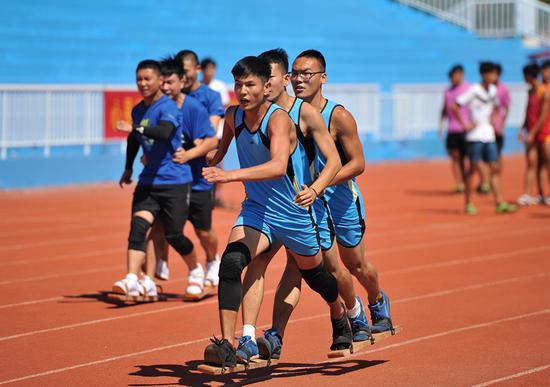El Salvador's export sector is banking on newly-established diplomatic ties with China to generate business opportunities, a senior economic official has said.
Sigfrido Reyes, president of the Salvadoran export and investment promotion agency Proesa, said China's massive consumer market has the potential to boost production in the Central American country.
"Opportunities are opening up to us now," Reyes said. "Those were closed before due to a lack of ties."
"Today China is one of the world's biggest economies. It is without a doubt the global economy's emerging power ... and it is poised to become an economic giant of the 21st century," he said.
Just days after China and El Salvador signed a joint communique in Beijing on the establishment of diplomatic relations, Proesa has already done its homework, studying Chinese investment trends abroad, especially in Latin America.
"It has been increasingly on the rise in countries like Mexico, Brazil, Chile, Peru and Venezuela, and more recently, in Central America and the Caribbean," said the official.
Reyes, former head of the Legislative Assembly and a leading figure of the ruling Farabundo Marti National Liberation Front (FMLN), noted China is at present one of the region's leading trade partners.
"Establishing diplomatic ties opens major doors to the Salvadoran economy," said Reyes.
China is already El Salvador's major supplier of imports, and holds "growing interest" for the country's export sector.
"We have focused on agricultural goods, such as sugar and coffee a little, but our companies have enormous potential to reach consumers" in China, he said.
El Salvador's geographic location in north Central America, as well as port and airport infrastructure, could also make it a convenient hub for cargo arriving via the Pacific and heading towards the Atlantic coast, or to North or South America, he noted.
Greater cooperation with China also opens the possibility of being part of its Belt and Road Initiative to boost global growth by bolstering trade infrastructure, said Reyes.
"We would be very interested in forming part of this project. I think El Salvador can see significant benefits and offers the conditions to be a player in this great project," Reyes said.
"El Salvador has developed very modern infrastructure in ports, airports and highways. We have a high degree of connectivity in telecommunications and are moving towards digital telecommunications in general," he said.
In the short term, El Salvador is looking to participate in the first ever China International Import Expo (CIIE) being held in November in Shanghai, to showcase its top exports: sugar, coffee, fruit and fish.
"We hope to take our products there and demonstrate El Salvador's economic potential to meet the needs and demands of Chinese consumers, as well as Chinese companies," Reyes said.
With ties established, the next step is to forge agreements that promote two-way trade and investment, he said.
"We are ready to receive Chinese investment ... in every sector the country offers advantages, and I am certain it will be attractive," he said, adding that the institute will make more efforts to draw more companies and investments from China and help them grow in El Salvador.
Proesa will then work to help local producers tap into China's "gigantic" market, said the official.









